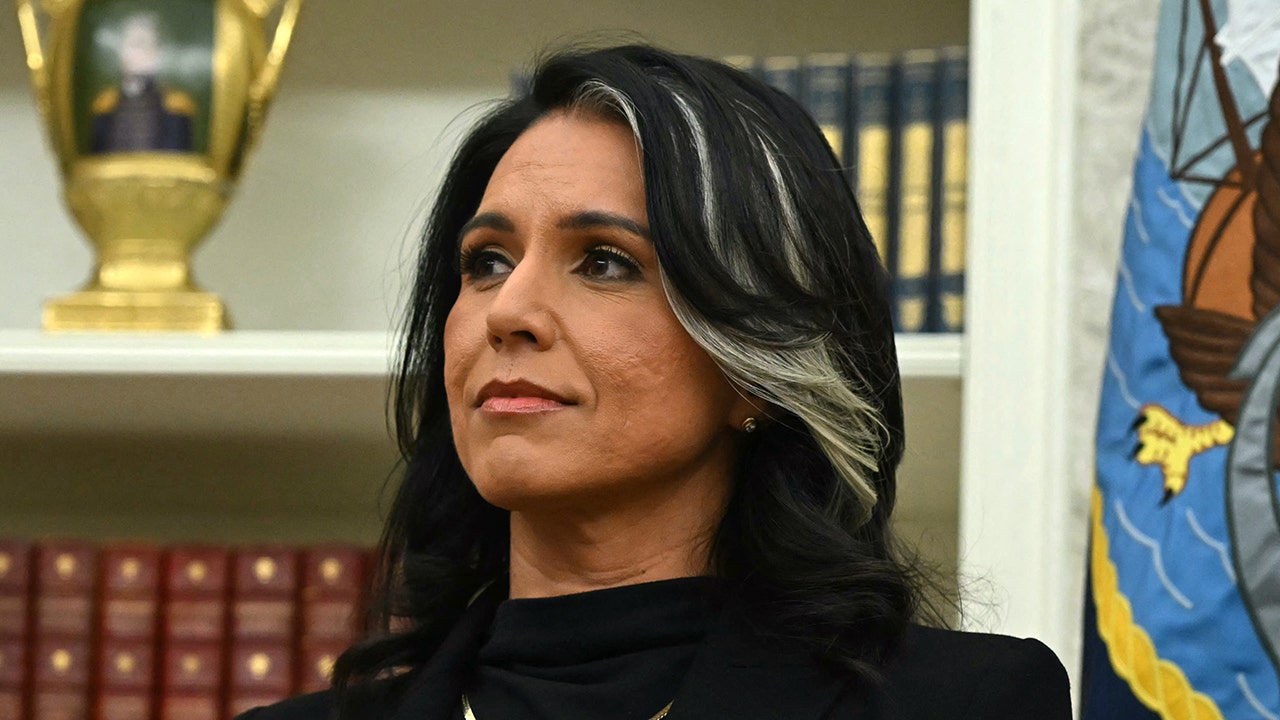Belgium, (Brussels Morning Newspaper) A new report says the automotive industry “must exit the Xinjiang Uyghur Autonomous Region (Uyghur Region) at every level of the supply chain.”
This is according to the Coalition to End Forced Labour in the Uyghur Region. The coalition comprises civil society organizations and trade unions which says it is “united to end state-sponsored forced labour and other egregious human rights abuses against people from the Uyghur Region in China, known to local people as East Turkistan.”
Its new call to Europe’s car industry includes, it says, “ending all links to suppliers operating in the Region or implicated in government-sponsored forced labour transfer programs anywhere in China.”
The call follows a new report published by Sheffield Hallam University in the UK and NomoGaia, which “documents that the supply chains of major car makers are exposed to Uyghur forced labour, from raw materials mining and processing to auto parts manufacturing.”
A China government source “robustly, resolutely and strongly” denies the allegations or any wrongdoing against minorities in the country, including the Uyghurs.
But, in a statement, the Coalition said, “The government of China’s well-documented repression against Uyghurs and other Turkic and Muslim-majority peoples includes mass arbitrary detention and systematic state-imposed forced labour that, according to UN human rights experts may constitute crimes against humanity.”
Dolkun Isa, President of the World Uyghur Congress, added,“The prevalence of Uyghur forced labour in global supply chains is undeniable, tainting nearly the entire car industry – nearly every part of the car and nearly every major manufacturer,” “Companies around the world have a moral, and legal, obligation to end any complicity in these crimes. The car industry needs to take swift action to extricate itself from Uyghur forced labour.”
According to the report, Driving Force: Automotive Supply Chains and Forced Labor in the Uyghur Region, “practically every car part requires heightened scrutiny to ensure that it is not linked to Uyghur forced labour.”
This, says the report, includes components that are being sourced from the Uyghur Region such as batteries, for both internal combustion engine and electric vehicle battery cars, wheels, tires, glass, interiors, electronics, and other parts.
“This is an entire industry problem, not a single company issue and requires urgent, industry-wide solutions as well as immediate and concerted action by companies. This report shows the deep interlinkages between the global automotive supply chain and Uyghur forced labour, said Allison Gill, Forced Labor Program Director at Global Labor Justice-International Labor Rights Forum.
“Uyghur forced labour is a driver of crimes against humanity targeting Uyghurs and it hurts all workers in the car supply chain.”
According to the report, over 100 international manufacturers of automotive parts or cars have some exposure to materials or products made with Uyghur forced labour.
“Production and processing of steel, aluminium, and copper, which are key metals in car manufacturing, is not only reliant on Uyghur forced labour but is also environmentally damaging and energy-intensive. The Uyghur Region alone represents around 10% of the world’s global aluminium production, and hosts the world’s largest steel supplier and copper supplier. The production of all three metals in the Region is reportedly linked with Uyghur forced labour, thus posing huge implications for our global products made with these inputs,” states the report.
The report authors recommend:
Auto manufacturers should exit the Uyghur Region at every level of their supply chains and cease doing business with suppliers implicated in Uyghur forced labour in line with the demands of the Coalition to End Forced Labour in the Uyghur Region.
Car companies should work individually and collectively to conduct or commission their own supply chain mapping and analysis of raw materials mining and processing and parts manufacturing in the Region.
Corporations in the automotive industry and commodities trading firms should engage in both internal and cross-sector collaborative efforts to cease sourcing all products mined, made, or manufactured, in whole or in part, in the Uyghur Region.
The Coalition goes on to say, “The findings of the report underscore the urgent need to establish alternative supply chains, and to set, report, and enforce high labour and environmental standards across the globe.”




















Discussion about this post